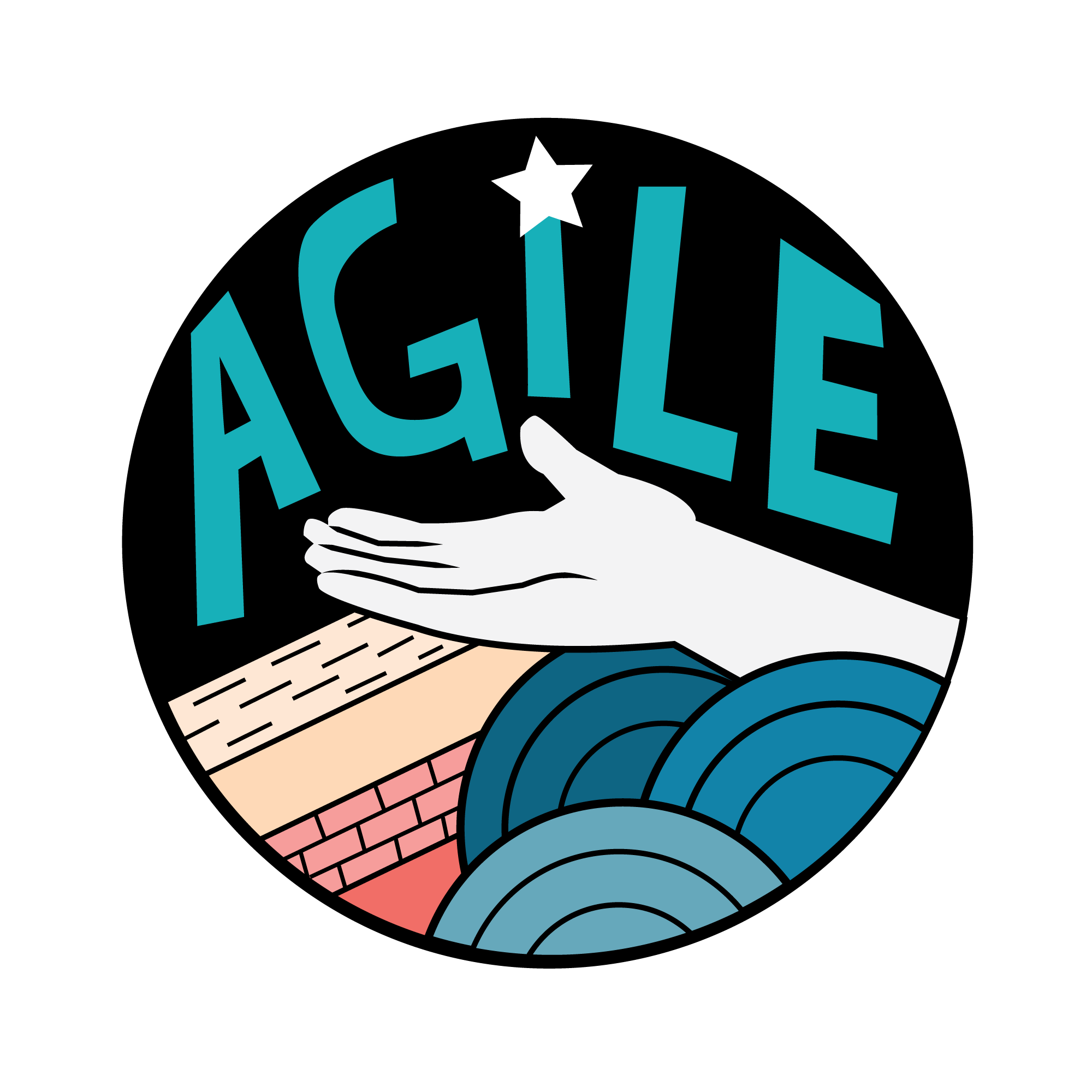 PROVIDENCE, R.I. [Brown University] — A grant awarded by the National Science Foundation will support new initiatives that foster belonging and participation among Asian American and Pacific Islander students in the geosciences.
PROVIDENCE, R.I. [Brown University] — A grant awarded by the National Science Foundation will support new initiatives that foster belonging and participation among Asian American and Pacific Islander students in the geosciences.
This project, titled AGILE (AAPI in Geoscience: Inclusivity, Leadership, and Experience), is a collaboration between eight institutions nationwide led by Daniel Ibarra, an assistant professor of Earth, environmental and planetary sciences at Brown University, and Kimberly Lau, an assistant professor of geosciences at Penn State. Through a variety of programs and events, the project aims to improve awareness of geosciences among AAPI undergraduates and cultivate a national network of mentors that will boost AAPI participation in geoscience graduate programs and careers.
“We AAPI geoscientists don't typically discuss issues of identity, despite the fact that AAPI representation in the geosciences lags far behind other STEM fields and national demographics," said Ibarra, who is affiliated with the Institute at Brown for Environment and Society. “This is an opportunity to highlight AAPI scientists who have pursued careers in geosciences and create a framework for them to give back to undergrads at AAPI-serving institutions, creating a cross-career network of support — which is pretty exciting.”
Initiatives funded under the grant include a research visit program that will support visits by faculty, graduate students and other scientists to AAPI-serving institutions to bring awareness of geoscience careers and graduate school programs to AAPI students. The project also includes career-development events and workshops and an undergraduate research internship that will connect students with meaningful geoscience learning opportunities.
Through these programs, the project plans to expose as many as 1,000 undergraduates across the country to geoscience research and careers while creating national cross-career connections between AAPI geoscientists in diversity and inclusion discussions. Funding for the project totals around $295,000.
“The Earth and environmental sciences impact every person on our planet in some way, and so it’s a priority that our field is as inclusive as possible,” says Lau. “Who gets to become a geoscientist is a topic that the community has been focusing on. Through this project, we aim to provide more exposure for AAPI undergraduates to the Earth and environmental sciences, as well as create new opportunities for them to learn about how they can make an impact.”
Ibarra, who identifies as Filipino-American, is an isotope geochemist and paleoclimatologist and a co-founder of Asian Americans and Pacific Islanders in Geosciences (AAPIiG), along with Lau and Christine Chen of the Lawrence Livermore National Lab. Lau, who identifies as Chinese-American, is an isotope geochemist and paleoceanographer.
The team also includes David Ho (University of Hawai’i at Mānoa), Sora Kim (UC Merced), Sonya Legg (Princeton University), Randye Rutberg (CUNY Hunter College), Jessica Wang (Bellevue College), and Sam Ying (UC Riverside). The majority of the Principal Investigators on the project identify as AAPI and are associated with AAPIiG, which was founded in 2020.